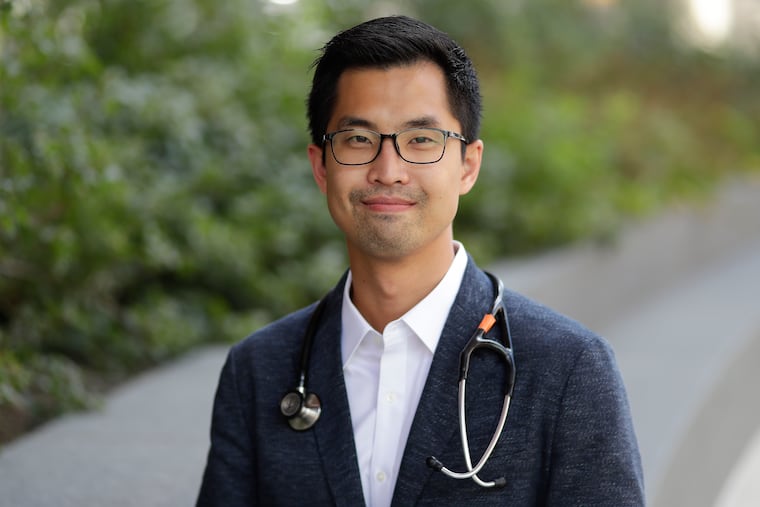For this new doctor, the hardest lesson in patient care was not what he expected | Opinion
So, as much as we want or need something urgently at times, it does not mean that such is the case for everyone else around you. Your emergency may be one of many.

One of my patients was ready to go home except for needing one more item: a special type of IV with which a patient can leave the hospital and continue to receive medications.
The patient was eager to go home as soon as possible, so I called the specialist who places that type of IV to convey a sense of urgency.
“This is the one thing left for us to do. How soon would you be able to do it?” I asked.
The specialist then responded with a slightly different question. “I understand, but when is the absolute latest I can get around to this?”
Part of me wanted to get this to the top of his to-do list because it is a quick procedure, and the patient had already been in the hospital for several weeks. A severe snowstorm was also supposed to start later in the day.
But his question also reminded me of the countless times I got an urgent call to come see a patient or to perform a procedure when I was already overwhelmed with a long list of competing emergencies.
I understood where his question was coming from far too well, the stress and the sense of exasperation that strike when the phone rings in the middle of something else. I am too overwhelmed to deal with this at the moment, so can you tell me how long I can possibly postpone this before I am in trouble?
We can never fully know what someone else is going through or what tasks are already on someone else’s plate.
So, as much as we want or need something urgently at times, it does not mean that such is the case for everyone else around you. Your emergency may be one of many.
This has been one of the hardest lessons I have learned to accept in residency so far.
Because when you are overwhelmed and stressed by patients who are rapidly getting sicker or deadlines that are rapidly approaching, it is easy to see only your own urgent needs. We may never be able to fully know everyone else’s priorities, but we have to be willing to imagine that they can be just as, if not more, important than ours.
I responded to the specialist that although the patient would appreciate having it done early, it was by no means an emergency. He quickly said thanks then hung up the phone.
A few hours later, I walked by the patient’s room to check in. The patient asked whether any progress had been made in her discharge process. I told her that we were almost there and needed one more item.
Then out of the corner of my eye, I noticed that a new dressing had been placed on the right arm, partially hidden from view under the gown.
Surprised, I asked the patient whether someone had come by to place that new IV.
“This?” she said with a smile, “Yes, just a moment ago.”
Jason Han is a cardiac surgery resident in Philadelphia.